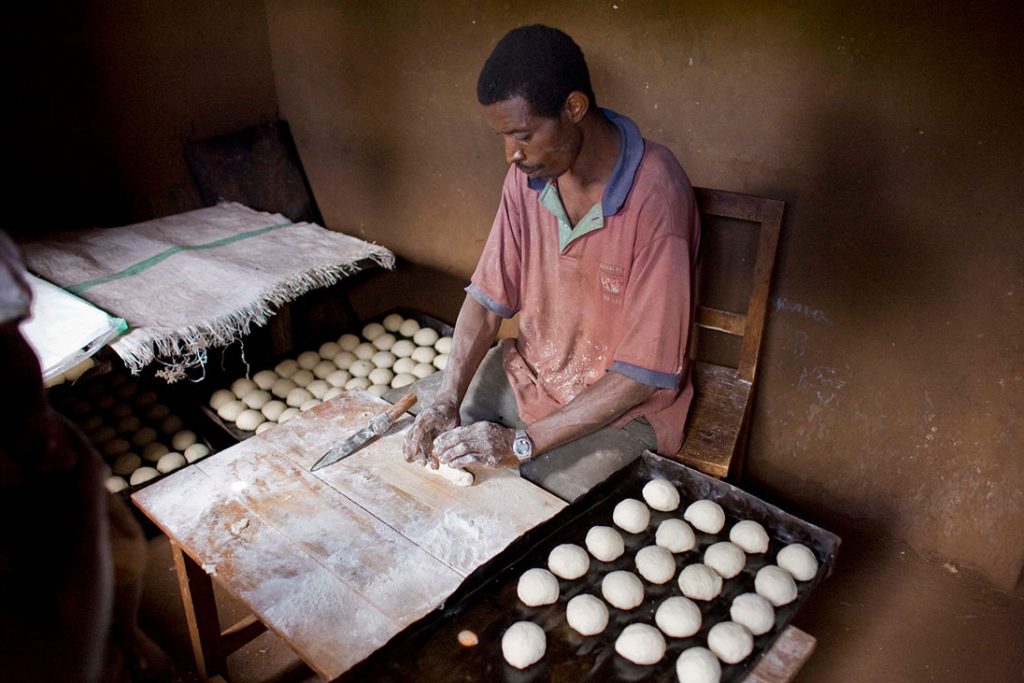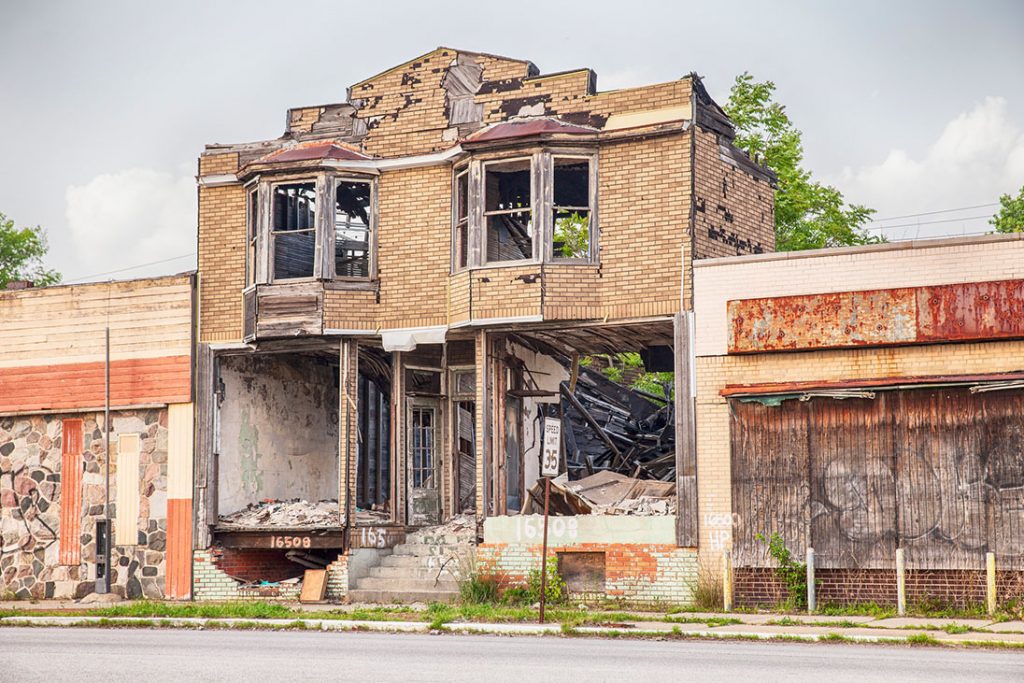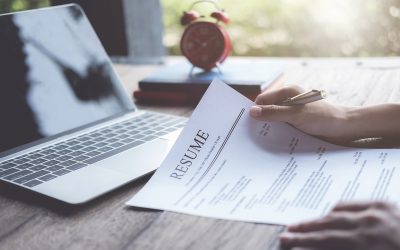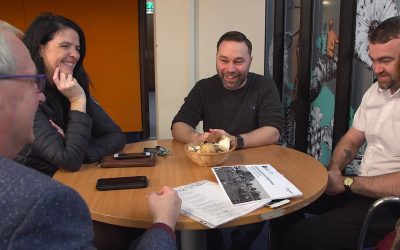As she explained to hundreds of viewers of the Rotary togetherTalks, Dr Marilyn Fitzgerald is very passionate about a new kind of capitalism that solves humanity’s most pressing needs. It’s called microfinance.
Dr Fitzgerald, a Clinical Psychologist, believes in advancing microfinance loans to help give deserving people ‘a hand up, not a hand out’ and set up a business.
She has followed her passion throughout her adult life, being deeply involved in both domestic and international consultation on project evaluation. Marilyn is driven by her never ending curiosity to answer the question of ‘what if all humans really had equal opportunities?’ and asks what would it require of each of us, to live in a peaceful and equitable world?’
Marilyn believes that with the right business systems, poverty can be eliminated and people will be empowered. By helping people do things for themselves, their businesses become sustainable and not dependent on charity.
In her latest book ‘If I had a water Buffalo’, she has created an ‘insightful and practical resource forged from her vast experience of challenging each of us to invest in systems that are effective and efficient’, so wrote Nobel Peace Prize Laureate 2006, Dr. Muhammad Yunus in his foreword to her publication on microfinancing a sustainable future.
One of her roles in Rotary is as the Microcredit Adviser and Economic Community Development Co-ordinator for her District in Michigan, USA. She feels the lessons presented in the book will benefit businesses, schools, and individuals who search for the best approach to gaining positive outcomes on humanitarian projects.
People are filled with pride when they can achieve something for themselves.”
She spoke about how this method could be very successful particularly during the COVID-19 pandemic. Illustrating lessons learnt with strategies to increase effectiveness, sustainability, resilience and prosperity and ‘growing our local economies’.
So how does this all work, Dr Fitzgerald was asked. Microcredit is the extension of a very small loan to those in poverty, and is designed to encourage entrepreneurship. Investors only get the money loaned coming back to them. Any profit goes into the new small business.
It is environmentally conscious and the workforce gets a market wage with better working conditions, to have the chance to solve their own issues of poverty.


Microfinance involves giving a recipient a small loan, which is paid back in full, with the recipient keeping the profits to reinvest in their business to make it a sustainable source of income.
Marilyn also talked about her ‘Launch Detroit’ project about a city that has become demoralised and full of poverty and how microloans have enabled people there, to rebuild their community.
She said, “People are filled with pride when they can achieve something for themselves.”
She described a man called Willy, who lives in Detroit, and how he created a small company around his technology knowledge, because he felt the inner city was so dangerous.
With grants he has helped people and children and helped them pull themselves out of poverty. She added that “I’ve never had a better idea than they do. Have faith in people and they will take on their own responsibility.”
“Rotary members applied for grants to start all of this off in the first place and they act as mentors all over the world. We do training with people who receive the loans and take classes together. Thus creating a first networking opportunity.”


According to the University of Michigan, Detroit has a poverty rate nearly three times the national average, sitting at 30%. For child poverty, the rate is even higher at 43%.
The book title then, means that “if I had a buffalo I could help create money and send my children to school. I could then farm my rice.” From one man’s journey into self-help. Most loans are for less than $1,000.
Marilyn feels strongly that our westernised world has trained the developing world to be dependent on us.
“They have become poverty victims and we have made a world of charity and not opportunities. It is good to help people”, she continued, “but harmful to create dependency.”
“We want people not just to ask for a grant, but to tell us what they want. It is not just about the money.”
Three Take Away Points
In each togetherTalk, we invite guests to give us three take away points. Areas which they would like to see change or actions we can all take to make a difference. Here are Marilyn’s:
- Avoid developing charity projects and create opportunities instead.
- The greater the opportunity, the less the need for charity.
- Talk about exit strategy at the very start of a project.
togetherTalks Series 2
Series 2 of togetherTalks has covered a range of topics, from promoting peace to protecting wildlife. Book your place for upcoming events by visiting our Eventbrite page or catch up on-demand on our YouTube channel.









